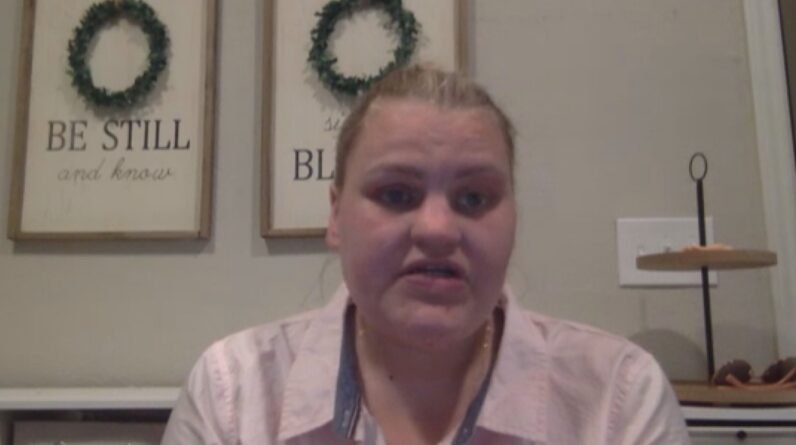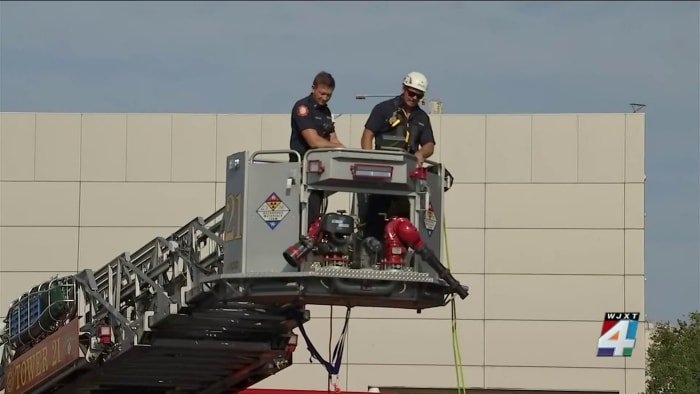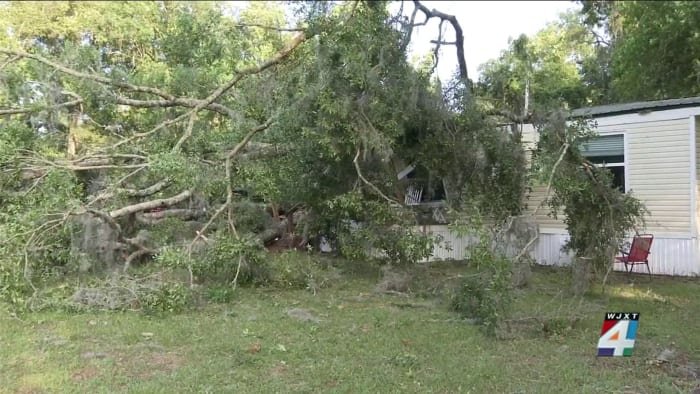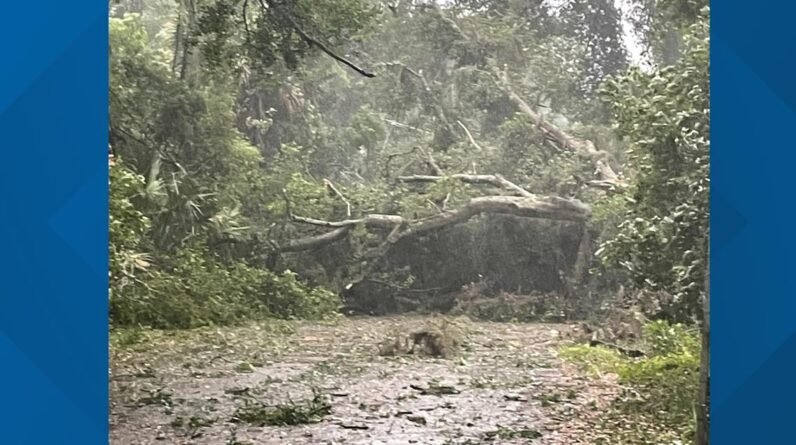
In 2015, Megan Hiatt was living in Jacksonville when the father of her twin girls shot and killed the 5-month-old babies as she held them in her arms.
JACKSONVILLE, Fla. — The Supreme Court of the United States is looking at a challenge to a decades old federal ban on abusers of domestic violence owning firearms.
The law, passed by congress in 1994, prevents people with restraining orders related to domestic violence from having guns.
Advocates for victims of domestic violence say it would be deadly if the Supreme Court lifts the ban.
In 2015, Megan Hiatt was living in Jacksonville when the father of her twin girls shot and killed the 5-month-old babies as she held them in her arms.
He also killed her father and shot Hiatt, putting her in the hospital.
The fact that the law is even on the table is disappointing, Hiatt said.
“It saddens me that that could be an option,” Hiatt said. “That domestic abusers could have access to guns, and it’s frightening for the women that are in those relationships.”
According to a 2022 report from the Hubbard House, guns are the “primary weapon used in local domestic violence homicides.”
Hiatt said owning a gun is privilege for those who follow the law.
“There are consequences to our actions, and just like felons, they forfeit the right to own a gun, so you’ve made decisions and you’ve proven that you don’t make competent, safe decisions,” Hiatt said.
Supreme Court Justices heard arguments Tuesday Solicitor General Elizabeth Prelogar and the attorney of the Texas man at the center of the case.
According to NBC, Justice Amy Coney Barrett said “the legislature can make judgements to disarm people consistently with the second amendment based on dangerous.”
None of the justices indicated they would be in favor of striking down the law.
Hiatt said abusers plan attacks and having a gun makes it easier.
“These abusers will lose control in a split second, and you never know when their breaking point is,” Hiatt said. “Giving them access to a gun just speeds up their dominance and their power and their ability to control and threaten.”
That’s why Hiatt said she shares her story to prevent it from happening to other parents, women, men and children.
“I don’t want another person to have to be buried because of an abuser.”
The Supreme Court is expected to make a ruling in the case next June.







